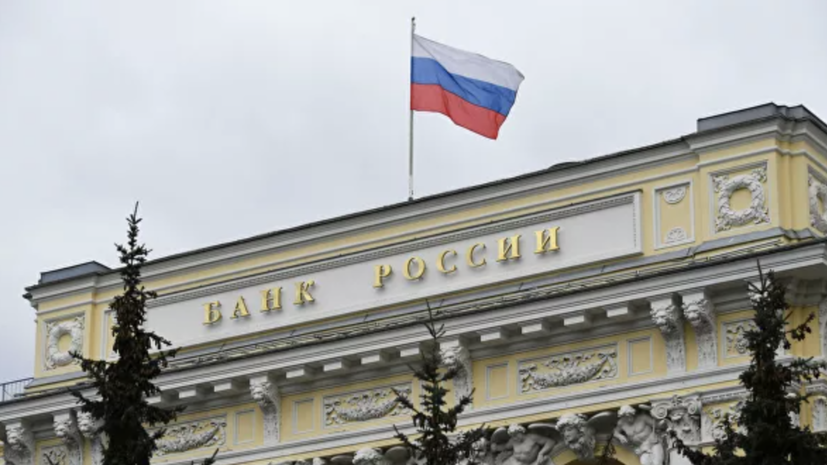As he noted in an interview with RIA Novosti, the corresponding advertising offers a wide audience options for earning or investing without certain information.
“Pseudo-financial service providers are actively advertising in which financial services themselves are not directly offered,” he said.
According to him, the attackers realized that because of the coronavirus, many began to stay more at home and began to actively distribute advertising over the Internet.
Lyakh pointed out that fraudsters play on a person’s desire to get rich, and how exactly they leave behind the scenes.
“During the pandemic, the volume of such advertising has grown so much that now it significantly exceeds the volume of traditional advertising of financial services - both from legal and illegal market participants combined,” he emphasized.
Earlier, Izvestia wrote that Rospotrebnadzor talked about the types of fraudulent activities during the pandemic.
In July, Olga Andreeva, a consultant on educational activities in the framework of financial literacy programs in the Volgograd Region, told how to distinguish a bank’s official website, an insurance company or any other financial company from a fraudulent one.

